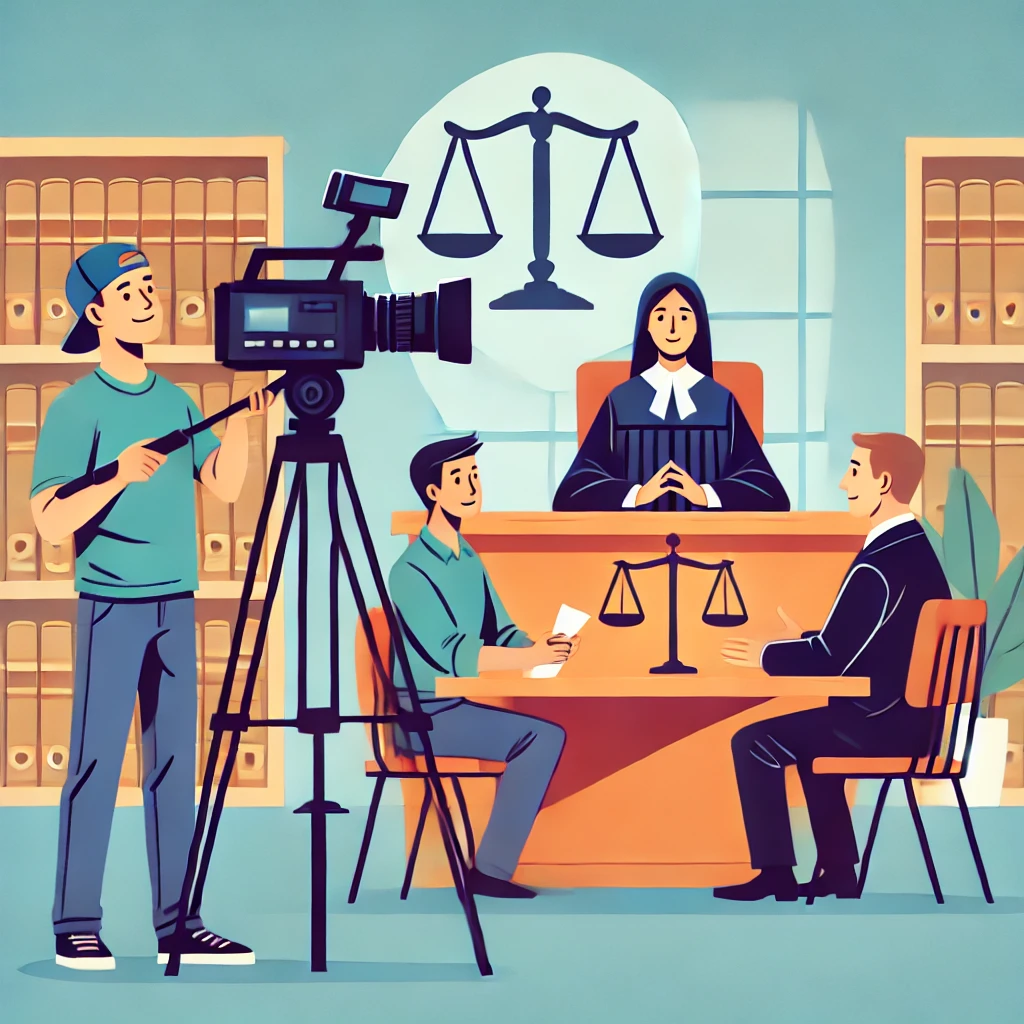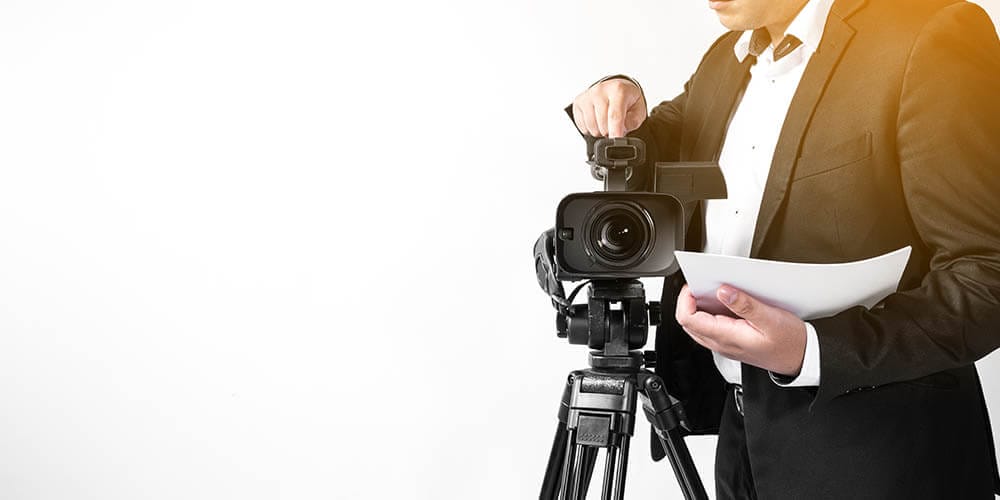Comprehensive Legal Videography for Courtroom Evidence.
The Role of Lawful Videography in Depositions and Trials
Legal videography has actually become a necessary tool in both depositions and trials, providing a diverse strategy to recording witness statements. By capturing not only the talked word but also the subtleties of non-verbal interaction, this tool improves the reputation of testaments and protects crucial proof for future procedures (legal videography). As legal professionals increasingly identify its value, it motivates a deeper examination of exactly how these visual documents can influence juror assumptions and trial end results. What ramifications might these growths hold for the future of legal technique?

Significance of Lawful Videography
Lawful videography plays a critical function in the documents and presentation of depositions and trials. This specific area combines technical skills with lawful expertise to create a reputable document of process that can considerably influence situation end results. The appearance of legal videography improves the understanding of witness statement, permitting jurors and courts to observe not just the talked words but also the behavior, feelings, and body movement of the witnesses.
On top of that, lawful videography supplies an objective account of events, reducing the potential for misinterpretation that can accompany written records alone. This aesthetic paperwork acts as an important tool throughout trial presentations, facilitating a more clear and even more convincing narrative for both plaintiffs and offenders. Furthermore, the capacity to replay video clip sections during court process allows legal groups to stress bottom lines, enhancing their disagreements efficiently.
The value of lawful videography extends past the court room; it additionally plays a crucial role in protecting evidence for future reference, whether for charms or further lawsuit. Its combination into the legal procedure is important for making certain a fair and precise depiction of the facts, eventually adding to the pursuit of justice.

Process of Legal Videography
While catching the subtleties of depositions and tests, the process of lawful videography involves several important actions that ensure premium, exact recordings. Originally, a professional legal videographer prepares by evaluating the situation products and recognizing the specific requirements of the deposition or trial. This prep work consists of acquainting themselves with the individuals and the context, which assists in recording significant information.
On the day of the recording, the videographer establishes up the essential tools, which typically consists of high-def electronic cameras, microphones, and correct lights. Making certain optimum angles and audio high quality is vital, as it straight affects the effectiveness of the recording. The videographer communicates with attorneys and individuals to develop procedures, guaranteeing that everyone understands the recording procedure.
Throughout the deposition or trial, the videographer carefully records the process, paying close focus to both spoken and non-verbal cues. This includes recording the attitude and reactions of witnesses and attorneys. After the session ends, the videographer might edit the video for clearness and compliance with lawful criteria, creating a final item that precisely reflects the process for future recommendation and usage in lawful contexts.
Benefits in Depositions
The unification of videography in depositions uses numerous benefits that improve the total procedure of gathering proof. One main advantage is the ability to catch witness testimonies with aesthetic and auditory integrity, supplying a more exact representation of the witness's demeanor, tone, and body movement. This multidimensional approach permits attorneys and courts to assess reputation better than typical written records alone.
Additionally, videographed depositions work as a powerful device for maintaining statement. Needs to a witness become not available for trial, their tape-recorded deposition can be played in court, making certain that their evidence stays accessible and appropriate. This facet significantly minimizes the threat of losing vital details that could affect instance end results.

Last but not least, videography boosts the general expertise of the deposition procedure, instilling self-confidence in customers relating to the thoroughness of their lawful representation (legal videography). By leveraging technology, legal professionals can significantly boost the performance of depositions
Effect On Tests
In lots of trials, the integration of videography can significantly affect the discussion of evidence and the court's assumption. Lawful videography captures witness testimonies and essential proof in a dynamic format, permitting jurors to involve with the material on numerous degrees. This visual part boosts the storytelling aspect of a test, offering context and emotional vibration that great post to read conventional text-based evidence may do not have.
Additionally, video recordings can act as powerful devices for impeachment throughout cross-examination. When disparities develop between a witness's previous statements and their court room statement, video clip evidence gives an objective reference that can persuade jurors' opinions. This immediacy and quality can reinforce the credibility of a celebration's narrative while all at once weakening opposing debates.

Future Trends in Legal Videography
As we look toward the future of legal videography, several emerging trends promise to reshape its role within the courtroom. One significant trend is the integration of expert system (AI) in video analysis and editing. AI can streamline the procedure of recognizing vital minutes in taped depositions, enabling attorneys to rapidly access relevant content, thereby enhancing performance in instance prep work.
Furthermore, the rise of digital fact (VIRTUAL REALITY) and enhanced reality (AR) technologies is anticipated to change exactly how jurors experience evidence. legal videography. By submersing jurors in a simulated environment, these technologies can give a much more profound understanding of complex circumstances, causing more informed considerations
In addition, the boosting demand for remote depositions, accelerated by the COVID-19 pandemic, will likely continue. Lawful videographers will need to adjust to new software and systems to guarantee premium recordings in online setups.
Lastly, the growing focus on data safety will certainly require more stringent methods for saving and sharing video clip evidence. As the lawful landscape advances, legal videographers must stay read the article abreast of these fads to maintain their significance and performance in the judicial process.
Final Thought
In recap, legal videography serves an important feature in the judicial procedure, enhancing the honesty of depositions and tests. As modern technology continues to progress, lawful videography is poised to more transform its function within the lawful landscape.